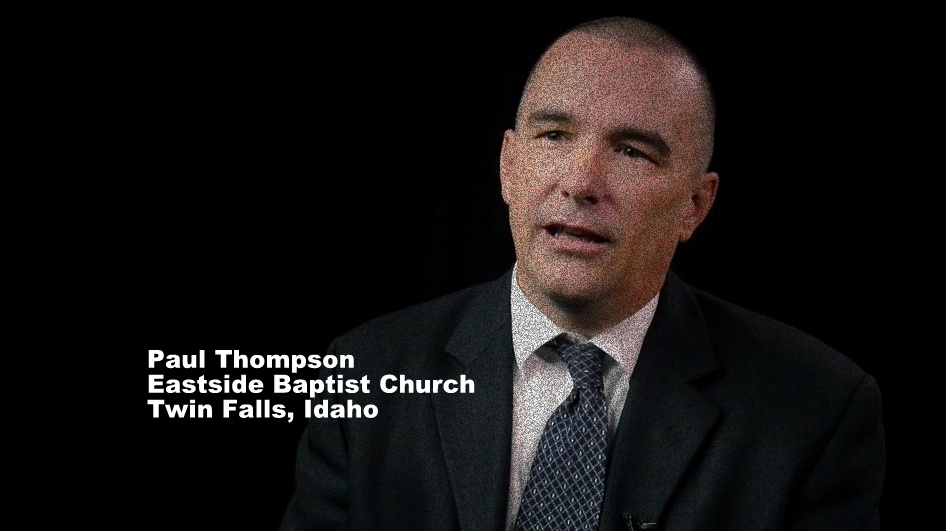What keeps us from living like the end is near? Peter told the early church to live knowing that the end of all things is near. “Now the end of all things is near” (1 Peter 4:7).
That’s pretty straight forward isn’t it?
Is it the risk of being labeled a crazy person? is it that we fear what others will think about us? I mean think about it… the list is a long and crazy list of people living like we are in the last days only to later be exposed as a lunatic and/or false teacher. How do we live in “sound judgment and sober spirit” while living with an expectation of the end of all things being near? Don’t you know that Satan loves to use a well meaning person to cause fear to grip God’s people?
I’m discovering that Peter has much to say about how the follower of Christ (as defined by the Bible only) should live. He urges “you as aliens and temporary residents to abstain from fleshly desires that war against you.” I’m less likely to live with an attachment to the things of this earth if my focus is on God. I’ll grow in my anticipation of His return if I’m living more like a sojourner rather than feeling like I have a vested interest in the temporal things of this world.
I’m more likely to live as an ambassador of His kingdom if I live with an expectation like that of the first century believer.
Even though we may be labeled with the “crazy” label, know that it is intended to belittle or criticize. I am resolved to live in that risky position of a label and instead heed the Word of God by living as though the end of all things is near.
The Bible has much to say about the end. God has devoted large portions of His words to prophecy, both fulfilled prophecy and yet-to-be-fulfilled prophecy.
What could a believer do to be more aware of the “end of all things”?
- You must read the Bible, pay special attention to Leviticus, Psalms, Daniel, Amos, all of the Gospels, 1st and 2nd Thessalonians, Hebrews, Jude, and Revelation.
- Your bible most likely has maps in the back; they will help in tremendous ways. I find that a current political map will assist current knowledge, but put it together with biblical maps.
- Read what other reliable people are writing, but the Bible owns the authority on the matter.
- Talk to others.
- Listen to others.
- Finally, live in agreement (even if you don’t understand some of the details) that the end of all things is near. That’s what the Bible says.
Determine in your life to live as a temporary resident of this world and abstain from fleshly desires that are at war against you.
_______________________________
